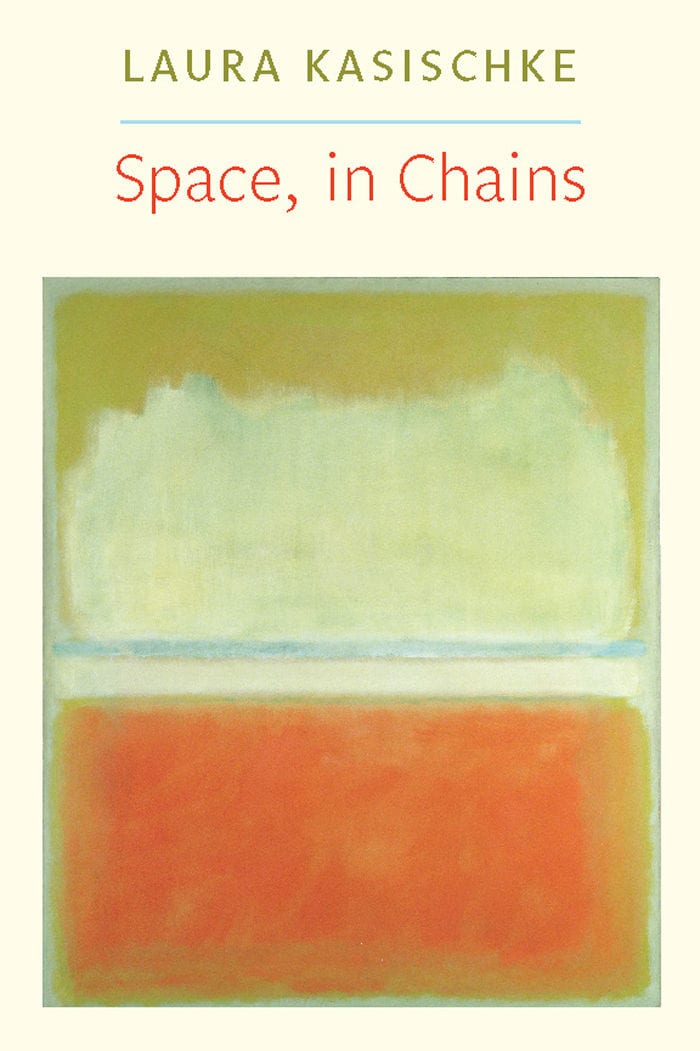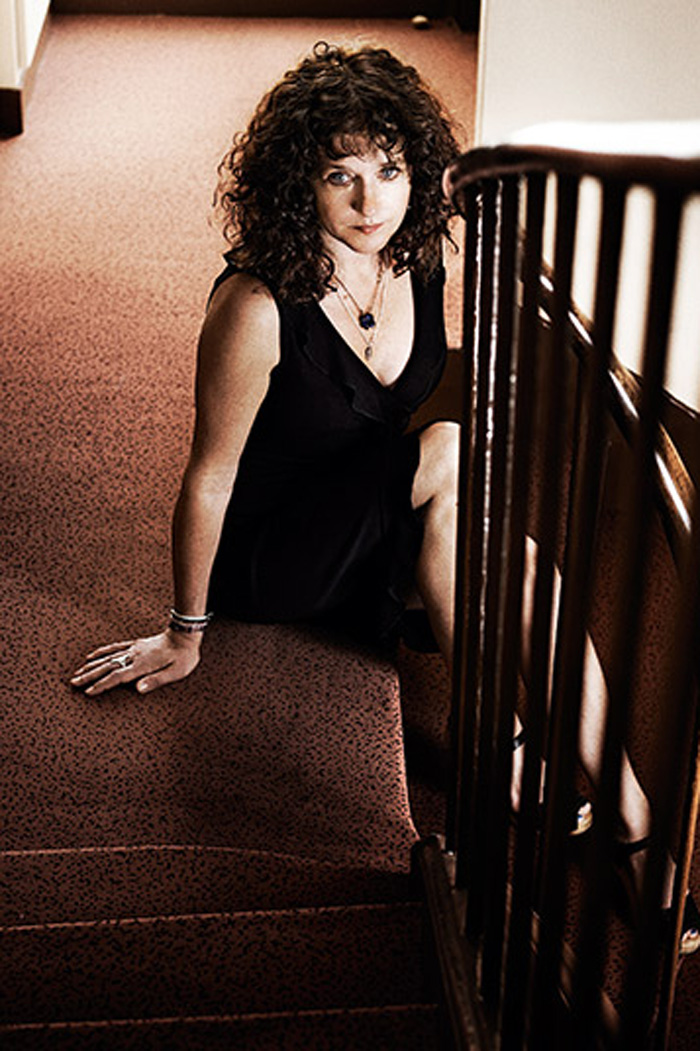
Laura Kasischke’s poems have the same haunting qualities and truth as our most potent memories and dreams. Through ghostly voices, fragmented narratives, overheard conversations, songs, and prayers in language reminiscent of medieval lyrics converted into contemporary idiom, the poems in Space, in Chains create a visceral strangeness true to their own music.
ISBN: 9781556593338
Format: Paperback
Reviews
“A formally inventive work that speaks to the horrors and delights of ordinary life in an utterly original way.” —Judges’ citation, National Book Critics Circle Award
“Frightening in its confrontations with death—that of a father and, eventually, of everything—Kasischke’s new work is also ambitiously exhilarating: everything in life and literature, it seems, could come before her eye, could end up in a poem.” —Publishers Weekly, starred review
“No poet has tried so hard to cut through suburban American illusion while respecting the lives, young and old, that it nurtures or saves. No poet has joined the chasm of ontological despair to the pathos of household frustration so well as Kasischke at her best, and she is—though eerie, though willing to let threads dangle, though looser in the poems’ weave than she has been—at her best often with Space, in Chains.” —New York Times Book Review
“Kasischke keeps a watchful eye on parents and loved ones, as if she wants to protect their days but can’t. Every poem is exquisitely crafted, with crisp, clean lines and imagery that dazzles.” —Washington Post Book World
“Kasischke writes open-formed language poems set in the place where paradox meets mystery. She pursues a stream-of-consciousness style, using rhyme, repetition, and subliminal connections to hook the reader. Often her pieces seem more like paintings than poems; like impressionist works of art, they allow light to shine from various portals, then bring it all together to create a misty composition whose meanings seem to change before the reader’s eyes.” —Library Journal
“The future will not—should not—see us by one poet alone. But if there is any justice in that future, Kasischke is one of the poets it will choose.” —Boston Review
